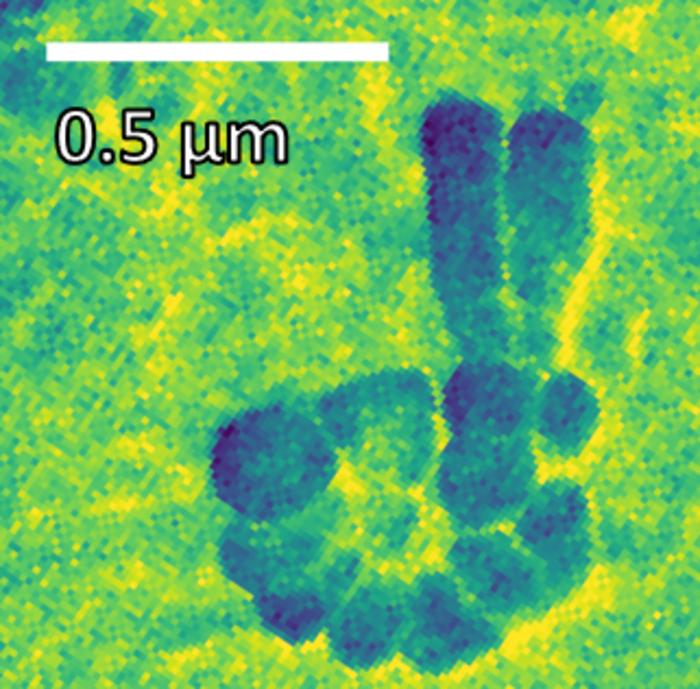The infrared beamline IRIS at the BESSY II storage ring is the only infrared beamline in Germany that is also available to external user groups and is therefore in great demand. Dr Ulrich Schade, in charge of the beamline, and his team continue to develop the instruments to enable unique, state-of-the-art experimental techniques in IR spectroscopy.

Credit: HZB
The infrared beamline IRIS at the BESSY II storage ring is the only infrared beamline in Germany that is also available to external user groups and is therefore in great demand. Dr Ulrich Schade, in charge of the beamline, and his team continue to develop the instruments to enable unique, state-of-the-art experimental techniques in IR spectroscopy.
As part of a recent major upgrade to the beamline, the team, together with the Institute of Chemistry at Humboldt University Berlin, has built an additional infrared near-field microscope.
“With the nanoscope, we can resolve structures smaller than a thousandth of the diameter of a human hair and thus reach the innermost structures of biological systems, catalysts, polymers and quantum materials,” says Dr Alexander Veber, who led this extension.
The new nanospectroscopy end station is based on a scanning optical microscope and enables imaging and spectroscopy with infrared light with a spatial resolution of more than 30 nm. To demonstrate the performance of the new end station, Veber analysed individual cellulose microfibrils and imaged cell structures. All end stations are available to national and international user groups.
Journal
Journal of Synchrotron Radiation
DOI
10.1107/S1600577524002753
Method of Research
Experimental study
Subject of Research
Not applicable
Article Title
Infrared spectroscopy across scales in length and time at BESSY II
Article Publication Date
25-Apr-2024
COI Statement
none




